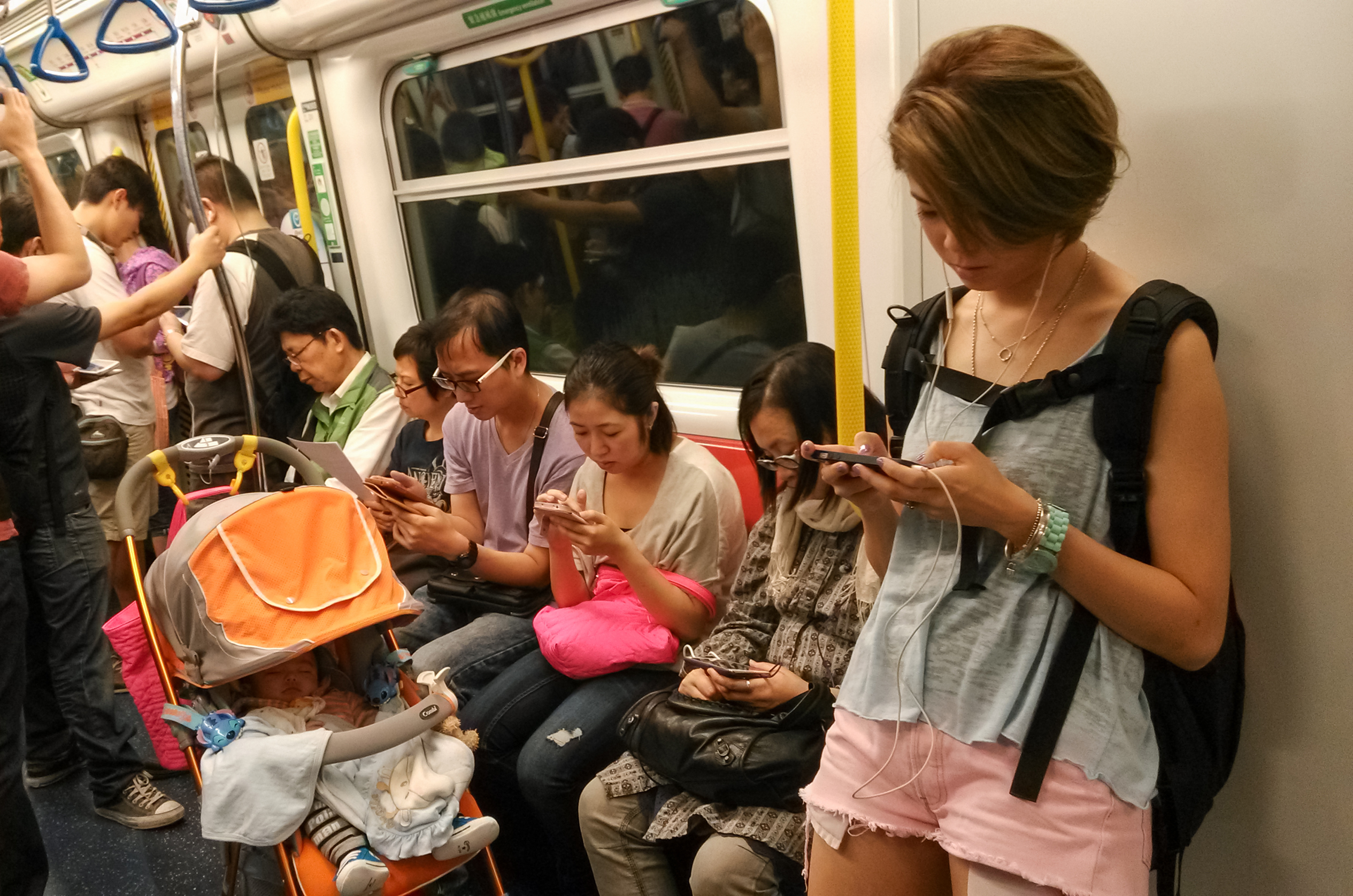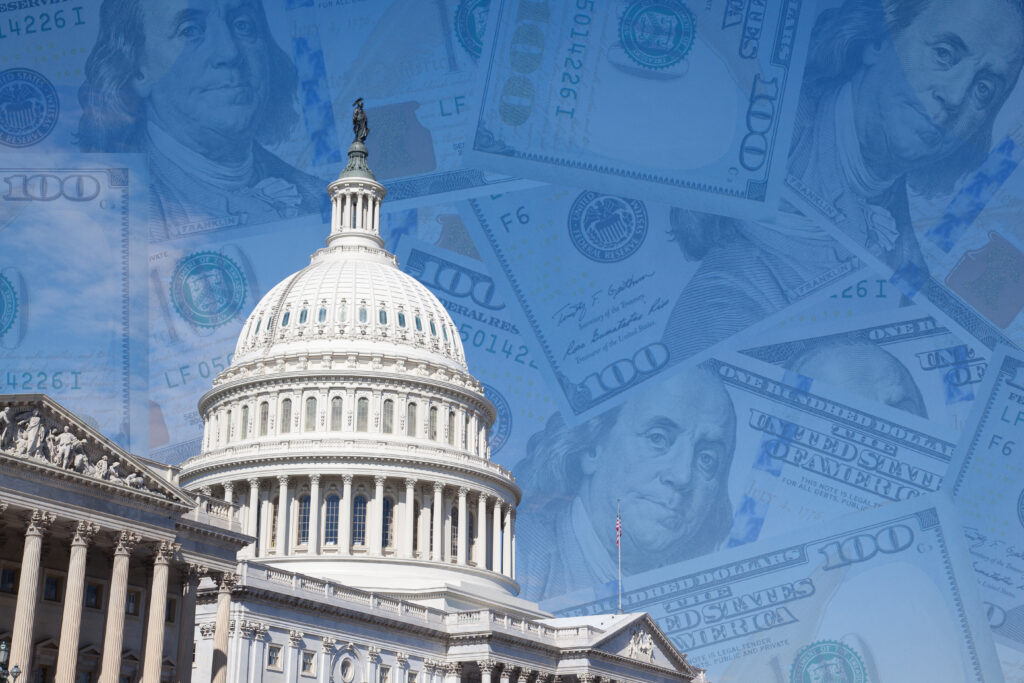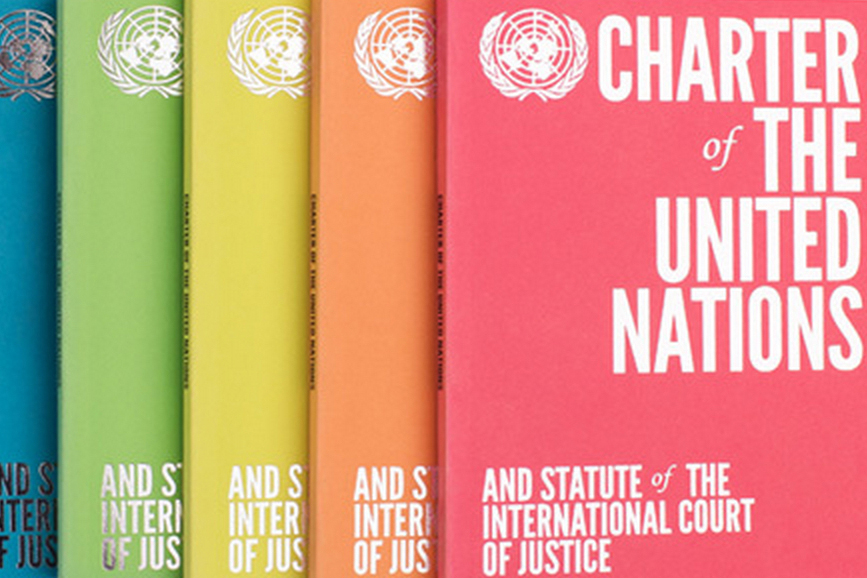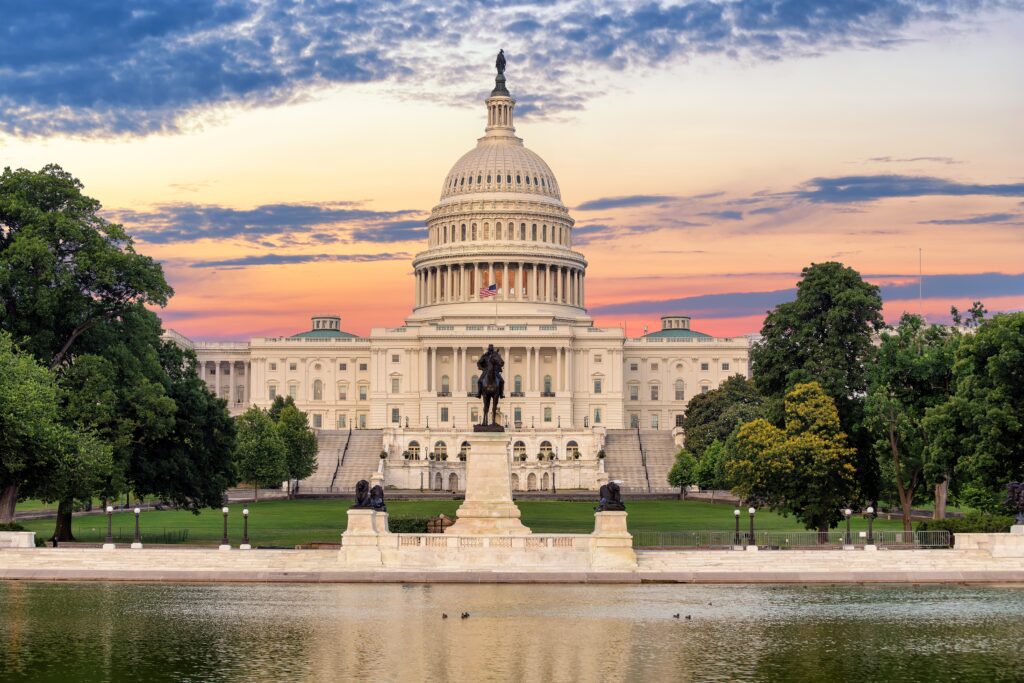By Faith Leslie
Americans check their phones an average of 144 times a day. Texting a friend, checking the weather, visiting with a telehealth provider – few can imagine a single day without the benefits of the internet. Even coverage of this summer’s Paris Olympics was made possible through global connectivity.
And how is global connectivity made possible? The UN’s International Telecommunication Union (ITU).
This unsung hero of the UN system guarantees that no matter where you are in the world, you stay connected and in the know. And while the inner workings of the internet may seem abstract, the impact of the ITU is anything but.
The World Wide Web
The ITU’s mission to expand and secure connectivity relies on the global resource that is the electromagnetic spectrum – or spectrum, for short. Spectrum is the radio frequencies through which wireless signals travel. These signals connect phone calls, track GPS directions and facilitate internet searches with providers around the world.
Not all bands of spectrum, however, are created equal. Only certain spectrum wavelengths are suited to transport the wireless signals we rely on. This makes wireless spectrum an incredibly finite and valuable resource. Without proper regulation and management, signals become overwhelmed, jumbled and misaligned, with devastating effects on businesses or individuals who depend on these services. That’s why oversight matters – and where the ITU steps in.
Keeping Us Connected
The ITU is the UN agency responsible for the management of telecommunications resources like spectrum. And distribution of spectrum – like all finite resources – can get contentious. The ITU is tasked with negotiating equal access to spectrum to meet the needs of the U.S. and 192 other Member States.
The ITU also develops common technical standards for telecommunications technology. Encouraging shared international standards increases global interconnectivity, allowing U.S. technology to seamlessly integrate with the rest of the world. These guidelines additionally include considerations guided by the Sustainable Development Goals (SDGs) to allow for technological growth that benefits both us and the environment.
The ITU and U.S.
Like all Member States, the U.S. benefits from the work of the ITU. The United States ITU Association (USITUA) works with the U.S. government and American businesses to foster engagement with ITU initiatives and collaborate on emerging challenges. During the Covid-19 pandemic and the consequential boom in demand for wireless technologies, the ITU worked closely with the U.S. government to facilitate its delivery of spectrum services when they were needed most.
The next emerging challenge for the ITU? Artificial intelligence (AI). Through annual events like its AI for Good Summit or dedicated working groups, the ITU has become a key platform to discuss AI’s potential application in sectors like health, agriculture, and humanitarian response. As the U.S. continues to grapple with the benefits and pitfalls of AI, look for the ITU to be a key forum for these conversations.
So next time you hop online, know the ITU has you covered.




